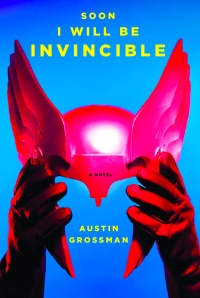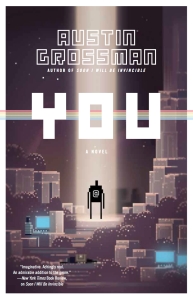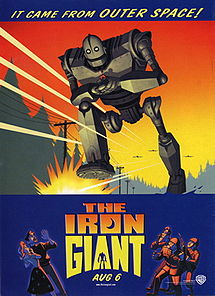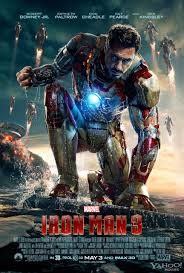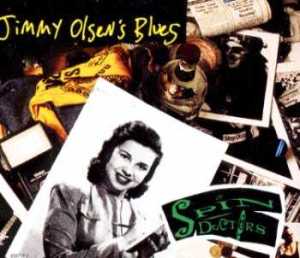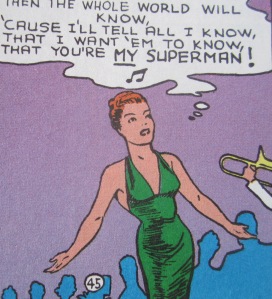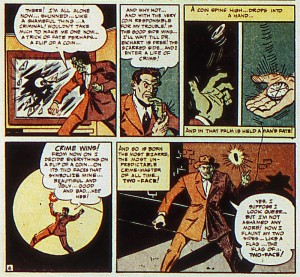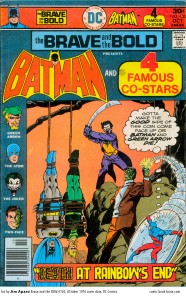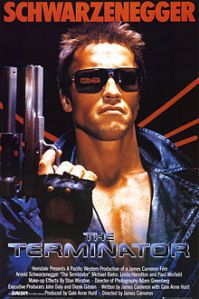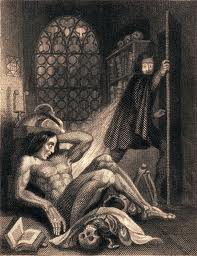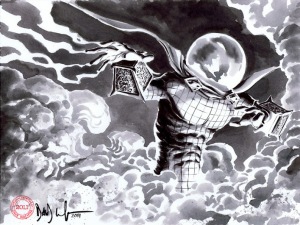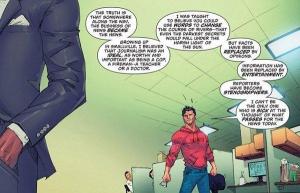About five years ago, a group of honors students were trolling my campus for a professor willing to create and teach a course on superheroes. They found me. The syllabus I submitted to C&D for approval included a predictable roster of comic books, interspersed with a few influential pulp novels and even a smattering of Nietzsche and Shaw. But then a friend handed me a novel I’d never heard of, a then recent hardback about an evil genius and the team of superheroes he fights. Standard comic book fodder, but the blurbs on the back assured me this was a literary novel.
And I thought: Really?
This is of course well before my superhero obsession had achieved its current proportions, but I had serious doubts. Sure, in rare cases, a comic book, say Alan Moore’s The Watchmen, could scale the pop culture ladder to achieve recognition as a work of serious literature. But this Austin Grossman guy, he was going the other direction. Soon I Will Be Invincible was a novel descending into comic book clichés. Yes, Michael Chabon had won the Pulitzer for The Adventures of Kavalier and Clay, but that wasn’t a novel about superheroes—that was a novel about superhero creators. Totally different.
And then I started reading. I didn’t make it through the first chapter before going online and ordering my own copy so I wouldn’t mark up my friend’s with underlines and scribbles. Always a sure sign I’m in love. This evil genius, Dr. Impossible, he was hilariously witty and improbably poignant. Where Alan Moore applies psychological realism to darken comic book stereotypes, Grossman achieved a realism that didn’t destroy the beloved formulas. His supervillain still MWAHAHA-ed, doomed to lose every plan for world domination, but under that absurd surface was a frighteningly familiar human being. Where Moore devastates superheroes, Grossman heightens the character types by constructing vast inner psychologies.
So I revised my syllabus and made those honors students read it. And then I made my book club read it. And then, since my kids weren’t reading entirely on their own yet, I read it to them. (My son’s twelve now, and when he heard Austin Grossman was coming to my campus, he found my scribbled-up copy and read it to himself again.) My daughter had already read most of Harry Potter on her own a few times, but she liked the ritual of a parent droning from a book over the breakfast table and after dinner on a couch. Soon I Will Be Invincible may be the last novel I read to them both. When I tried to start another, she very politely asked: “Dad, can we do something not about superheroes?”
But she loved Grossman too. How could the children of two professors not fall in love with a geeky genius in an endless battle against the stuck-up superhero bullies who persecuted him in middle school? But it was Grossman’s second narrator, an amnesiac cyborg, who bulled me over. Despite (or perhaps because of) her fantastical absurdities—she shoots rubber bullets and a grappling hook from her forearms—her character took on emotional resonances I didn’t notice at first, meanings smuggled in under all the fun.
So when I got to the paragraph where she mourns the loss of her old self, the kid she can’t even remember ever being, I couldn’t read it. Literally. I choked up. Repeatedly. My kids thought I was having some kind of seizure. I was looking at my almost-pubescent daughter, a girl who had maybe ten minutes left in her childhood, and suddenly the metaphor of an amnesiac cyborg was the most profound truth I’d ever read. Or not read. I eventually had to give up and hand the book to her to read aloud to her brother.
And now Austin Grossman has a new novel. How will I cope?
He’s again returned to my childhood, not to comic books this time, but video games. I can recall reading a green computer screen over a high school friend’s shoulder as he typed responses to text-only prompts. The game Zork began with the words: “You are standing in an open field west of a white house, with a boarded front door.”
That nameless main character, “You,” is also the title of Grossman’s new novel. Instead of plumbing the secret depths of superheroes, YOU offers a subterranean view of the computer gaming industry, a multiverse Grossman knows particularly well. He started writing games twenty years ago—because what else would you do with a B.A. from Harvard?—stopping to study Victorian literature at Berkley before launching his literary career while still continuing to expand his work in video.
My family has more Austin Grossman on our shelves than I had realized. He co-wrote Epic Mickey, a game I’ve watched my son slash through with our Wii remote. His credits are long, and even a non-gamer like me recognizes titles like Tomb Raider and Jurassic Park. Though I admit when I saw the headline “Dishonored Writer’s New Novel Shows a Video Game Generation Being Born,” I thought Grossman must have done something really, you know, dishonorable. (Dishonored actually won a range of awards last year and is considered the best action-adventure of 2012. )
I predict equally honorable accolades for YOU. The novel just launched, and Washington and Lee University will be hosting a reading on May 14th. Should you happen to be in attendance and feel a sudden, inexplicable wave of déjà vu, it might because Austin’s identical twin, Lev, stood on the same stage last fall to read from his own upcoming novel, a sequel to The Magician King. There’s clearly an annoying surplus of talent in the Grossman gene pool.
In my family, all the computer DNA went to my two brothers, stepbrothers, so no nature-nurture mystery there. Grossman’s characters enrolled in their high school’s first offering of computer math. So did I—before fleeing the next day. My brothers basically taught the class. I’d still rather watch Space Invaders over someone’s shoulder than play it myself. So all the more amazing to me that Grossman can render the spectacle of 80s and 90s games so thrillingly. Graphically you might just be a plus sign battling hordes of ampersands in a forest of Vs, but his prose imbues your plight with improbable depth, both three-dimensional and psychological.
My brothers went on to careers as programmers, and one is, in fact, a game designer in a universe that bears an uncanny resemblance to YOU. But saying the novel is about video games is like saying The Old Man and the Sea is about fishing. It tells you a great deal and nothing at all.
I will say that YOU is a fantastic novel, but not fantastical. Sure, the game’s archetypal adventurers chat with the narrator on a regular basis, but you can write those off as dreams and daydreams. And, yes, that ur-bug infecting the game code has an almost supernatural vibe, but Grossman never quite exits realism. Or rather, fantasy and reality become flip sides of a single coin. While Invincible explores the disturbing borders where real and unreal meet (the seams in cyborg skin graphs, for example), YOU overlaps the two worlds–literally, the game maps are overlays of Central Park, Disneyland, Scotland.
Ultimately, the difference between here and there, you and your role-playing self, tumble into a shared real/unreal universe, the coin Grossman keeps spinning for almost four hundred dizzying pages. When I set the book down, I had to recalibrate my senses, shake-off the metafictional jet-lag, before handing YOU to my son. He’s a video game junky. He’d dive through the screen of his laptop if he could. I’m glad he can’t, but Grossman provides the next best thrill.

